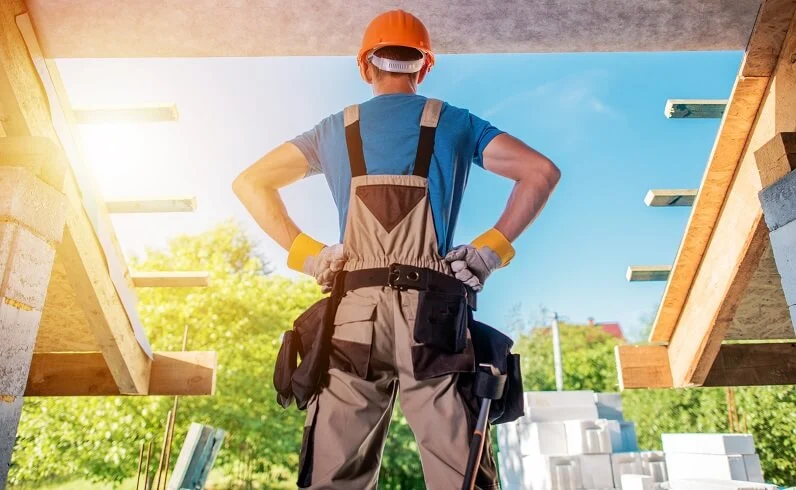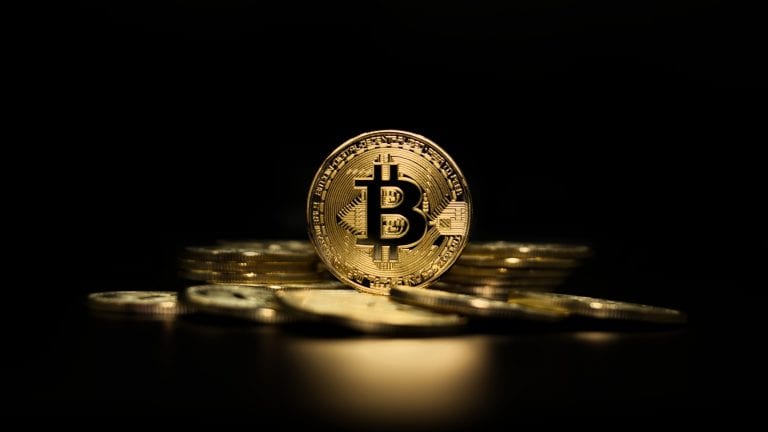In today’s ever-evolving world of architecture and construction, the emphasis on sustainability has taken center stage, reshaping the way custom homes are designed and built. Custom home builders, increasingly attuned to environmental concerns, are pioneering the integration of green practices and eco-friendly technologies into bespoke designs, crafting homes that are not only luxurious and unique but also environmentally responsible. The shift towards sustainable homebuilding is driven by a growing awareness of environmental issues and the desire to reduce the carbon footprint of residential construction. Custom home builders are now incorporating a range of innovative solutions to ensure their projects are both high-performing and green. This commitment is evident in various aspects of the home-building process, from the selection of materials to the design of energy-efficient systems.

One of the primary ways custom builders are achieving sustainability is through the use of eco-friendly materials. Recycled, reclaimed, and rapidly renewable materials are being prioritized to minimize the environmental impact of construction. For example, bamboo, a fast-growing and highly renewable resource, is being used for flooring and cabinetry, while reclaimed wood adds character and reduces waste. Additionally, advanced insulation materials that enhance energy efficiency are increasingly popular, home restoration albert park helping to maintain comfortable indoor temperatures while reducing the need for heating and cooling. Design plays a crucial role in sustainable homebuilding. Custom builders are leveraging cutting-edge design principles to create homes that maximize natural light and airflow, reducing the need for artificial lighting and mechanical ventilation. Features such as large windows, skylights, and strategically placed overhangs help optimize passive solar heating and cooling. By carefully orienting the home on the lot and incorporating natural landscaping, builders can enhance the home’s energy performance and reduce its reliance on external energy sources.
Energy efficiency extends beyond design to include the integration of renewable energy systems. Solar panels, wind turbines, and geothermal heating and cooling systems are becoming standard features in many custom homes. These technologies not only reduce the home’s reliance on non-renewable energy sources but also offer long-term cost savings for homeowners. Additionally, smart home technologies are being incorporated to monitor and manage energy consumption, further enhancing the home’s efficiency. ,Water conservation is another critical component of sustainable homebuilding. Custom builders are implementing rainwater harvesting systems, greywater recycling, and water-efficient fixtures to minimize water usage. Landscaping is also designed with drought-resistant plants and efficient irrigation systems to reduce water consumption and maintenance. The commitment to sustainability in custom homebuilding extends to the construction process itself. Builders are adopting green construction practices to reduce waste, manage resources efficiently, and minimize the environmental impact of their work. This includes using low-VOC paints and finishes to improve indoor air quality and employing construction techniques that reduce noise and dust.






